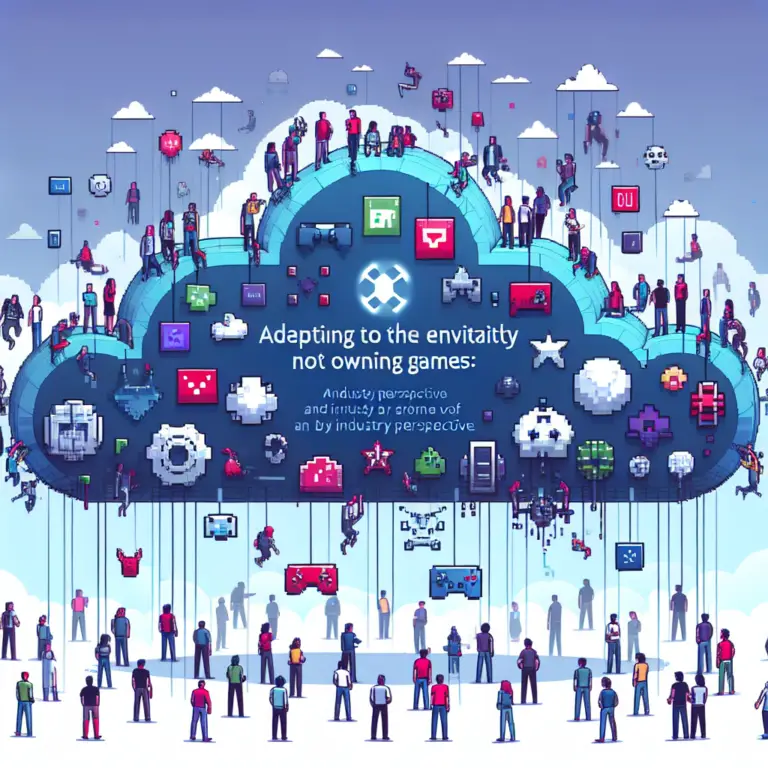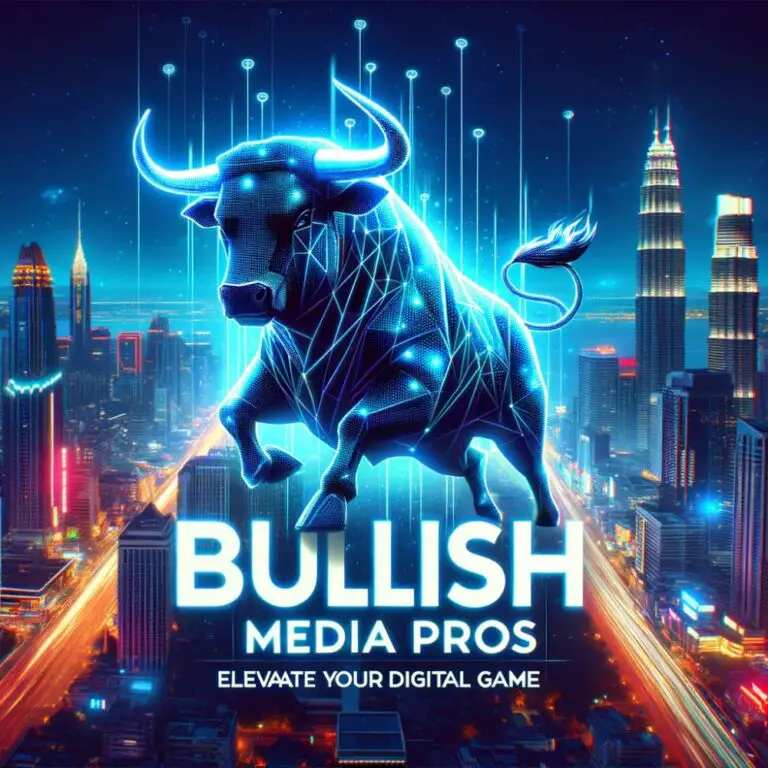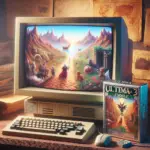Reaction to Ubisoft Director’s Comments on Game Ownership and Subscriptions
A recent statement by Ubisoft’s director of subscriptions, Philippe Tremblay, has sparked a notable reaction within the gaming community. Tremblay suggested that gamers will need to become more comfortable with not owning games for subscription services like Ubisoft+ and Game Pass to grow. This comment aligns with a broader shift in digital media consumption, where ownership is becoming less common. However, the response from gamers has been mixed, with some expressing strong opposition to the idea of not owning their games.
The backlash was evident on social media, where one user emphatically encouraged others to “pirate everything from Ubisoft,” highlighting the level of discomfort some gamers feel towards the concept of non-ownership. This sentiment reflects a broader anxiety over the future of game ownership rather than a direct critique of Tremblay’s point, which was more an observation than a prescription.
pirate everything from Ubisoft
— Voultar @Voultar.twitter.com (@Voultar) March 29, 2023
Despite the negative feedback, it’s important to note that many consumers have already embraced digital services like Netflix and Spotify, which operate on a subscription basis without offering ownership of the content. This trend suggests that a similar model could eventually become more widely accepted in the gaming industry as well.
Overall, the gaming community’s reaction to the idea of not owning games is complex and varied, with many still valuing the traditional model of game ownership. The industry appears to be at a crossroads, with subscription services gaining traction but facing resistance from a significant portion of the consumer base.
The Shift in Game Ownership
The transition from owning physical media to embracing digital subscriptions has been significant across various forms of entertainment. This shift is now becoming more apparent in the realm of video game ownership, mirroring the earlier changes seen with CDs and DVDs.
- Physical media ownership provided a tangible collection that consumers could display and use at their discretion.
- Digital subscriptions offer convenience and instant access to a vast array of content without the need for physical storage.
- The change in music and film industries towards streaming services has set a precedent for similar models in gaming.
- Video game subscriptions like Ubisoft+ and Game Pass are gaining popularity, though they challenge traditional notions of game ownership.
As the industry evolves, the concept of owning a game is becoming more fluid. Gamers are increasingly finding themselves accessing titles through services that provide a library of games for a monthly fee, rather than purchasing individual copies to own permanently.
Despite the growing trend towards subscription models, there remains a strong attachment among many gamers to the idea of owning their games. This is evident in the continued popularity of platforms like Steam, where users can purchase and keep individual games. The debate over the value of ownership versus the convenience of subscriptions is ongoing, with valid arguments on both sides.
In summary, the gaming industry is experiencing a significant shift in how games are consumed, with digital subscriptions becoming more prevalent. This change reflects broader trends in digital media consumption, though it is met with mixed feelings by the gaming community.
Consumer Adaptation and Industry Perspectives
Over the past decade and a half, consumers have gradually adapted to digital services like Netflix and Spotify, which have revolutionized the way we access movies, TV shows, and music. This adaptation offers insights into how the gaming community might come to accept game subscriptions as a norm.
These digital services have conditioned users to appreciate the convenience and variety offered by subscriptions. The ability to stream content on-demand without the need for physical copies has become a staple of modern media consumption. This shift in consumer behavior suggests that a similar trend could emerge in the gaming industry, where subscriptions like Ubisoft+ and Game Pass provide a library of games for a monthly fee.
Industry executives have varying perspectives on the subscription model. While Ubisoft’s Philippe Tremblay sees a future where gamers are more comfortable with not owning games, others like Take-Two CEO Strauss Zelnick express skepticism. Zelnick is not convinced that subscriptions will ever fully replace individual game purchases, especially considering the potential success of highly anticipated titles like GTA 6.
Despite these differing views, the industry is not pushing consumers towards one model over the other. The focus remains on offering choice, with both purchase and subscription options available to gamers. This approach respects the preferences of the gaming community, allowing individuals to decide how they wish to access and engage with their games.
In conclusion, while the adaptation to digital services in other media industries points towards a potential acceptance of game subscriptions, the gaming industry continues to value the concept of ownership. The future may see a coexistence of both models, catering to the diverse preferences of gamers worldwide.
The Debate Over Game Ownership
The debate over game ownership versus subscription models is multifaceted, with compelling arguments on both sides. The rise of live service games and DRM-free releases has further complicated the discussion. Below is a comparison of the pros and cons associated with each model.
| Game Ownership | Subscriptions |
|---|---|
|
|
Live service games have altered the landscape by offering evolving content that can change or be discontinued over time, challenging the traditional notion of ownership. On the other hand, DRM-free releases represent the purest form of game ownership, as they do not require online authentication and cannot be revoked.
Some developers and publishers, like Larian Studios with their release of Baldur’s Gate 3 on GOG, support the idea of DRM-free gaming, allowing players to truly own their copies. This contrasts with platforms like Steam, where the Steam Subscriber Agreement indicates that Valve can terminate accounts for rule violations, potentially stripping users of their game libraries.
In essence, the debate centers around the value of ownership and control versus the benefits of convenience and variety. As the industry continues to evolve, this conversation will likely persist, with the preferences of gamers playing a crucial role in shaping the future of game distribution.
Current State and Future of Game Ownership
The current state of game ownership is one of coexistence between traditional purchasing and subscription services. While there is a clear trend towards digital and subscription-based models, the industry has not abandoned the sale of individual games. This balance allows consumers to choose the method that best suits their preferences and gaming habits.
Subscription services like Ubisoft+ offer a range of titles for a monthly fee, providing gamers with access to a diverse library without the need for individual purchases. However, the success of platforms like Steam, which continues to thrive on the sale of individual games, indicates that there is still a strong market for traditional game ownership.
The potential future of the industry could see further integration of subscription models, particularly as younger generations grow up with these services as a norm. However, the desire for ownership and control over one’s game library remains a significant factor, suggesting that the industry will likely continue to support both models for the foreseeable future.
Ultimately, the gaming industry is likely to evolve in a way that respects the preferences of its diverse consumer base, offering a hybrid model that includes both subscription services and the option to purchase games outright. This approach ensures that gamers can engage with content in a way that aligns with their values, whether they prioritize ownership or the flexibility and variety provided by subscriptions.












